Holi 2025:- Holi, the “Festival of Colors,” is one of the most vibrant and joyous festivals in India. It marks the victory of good over evil and the arrival of spring. People across the country celebrate this festival with enthusiasm, playing with colors, enjoying festive delicacies, and spreading happiness. In 2025, Holi will be celebrated with great excitement as always.
Holi: Festival of Colors
Holi, pronounced as [‘hoːli:], is a vibrant and significant Hindu festival known as the Festival of Colors, Love, and Spring. It honors the eternal and divine love of Radha and Krishna while symbolizing the triumph of good over evil, commemorating Lord Vishnu’s victory as Narasimha over the demon king Hiranyakashipu. Originating in the Indian subcontinent, Holi is widely celebrated across India and Nepal and has also gained popularity in other parts of Asia and the Western world through the Indian diaspora.
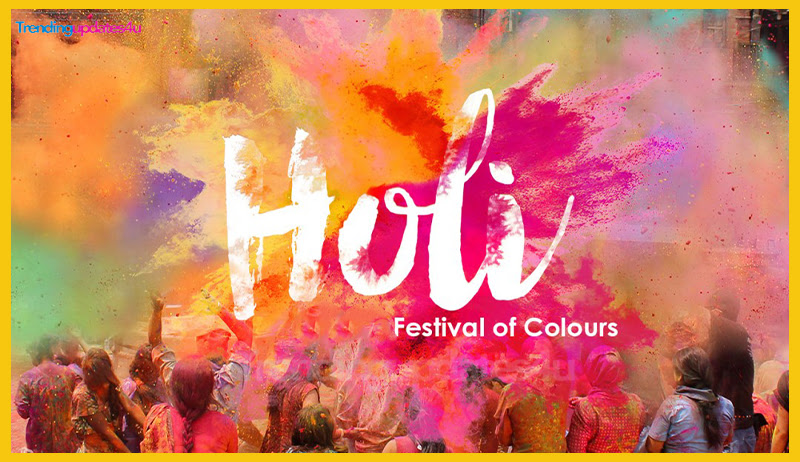
The festival marks the arrival of spring, the end of winter, and the blossoming of love while also serving as a prayer for a prosperous harvest season. Holi festivities span two days, beginning with Holika Dahan on the evening of Purnima (full moon day) in the Hindu month of Phalguna, which typically falls in mid-March according to the Gregorian calendar. The following day, known as Rangwali Holi, is celebrated with joyful gatherings, music, dance, and the playful throwing of colors.
Must Read:- Lohri: Date, History
Holi Festival Overview 2025
| Aspect | Details |
| Festival Name | Holi (Festival of Colors, Love & Spring) |
| Significance | Celebrates the love of Radha-Krishna, victory of good over evil, and the arrival of spring |
| Date | March 13-14, 2025 |
| Duration | 2 Days (Holika Dahan & Rangwali Holi) |
| Origin | Ancient Hindu festival, mentioned in scriptures like Purva Mimamsa Sutras, Puranas, and Ratnavali |
| Category | Trending |
Read More:- National Mathematics Day
What is Holi?
Holi is a festival that promotes joy, togetherness, and positivity. It is celebrated by playing with dry and wet colors, singing, dancing, and meeting loved ones. People also prepare and share sweets and festive dishes. The festival is a time to forgive, forget, and start afresh.
History of Holi
Holi is an ancient Hindu festival with deep cultural and historical roots, dating back to a time before the Gupta period. References to this vibrant festival appear in numerous scriptures, including Jaimini’s Purva Mimamsa Sutras and Kathaka-Grhya-Sutras, with more elaborate descriptions found in texts like the Narada Purana and Bhavishya Purana. The 7th-century Sanskrit play Ratnavali, written by King Harsha, also mentions “Holikotsav,” highlighting its significance in early Indian literature. Additionally, Holi is referenced in the Puranas, Dasakumara Charita by Daṇḍin, and the works of poet Kālidāsa during the reign of Chandragupta II in the 4th century.
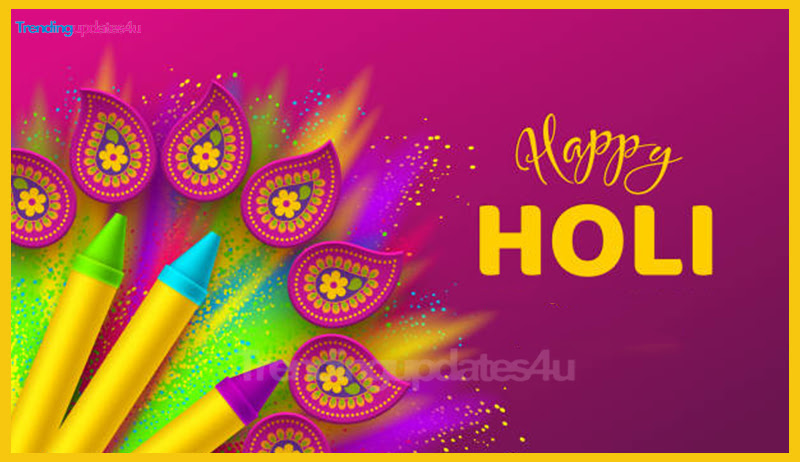
By the 17th century, Holi had captivated European traders and British colonial staff, leading to its documentation in various old editions of the Oxford English Dictionary. Over time, its phonetic spellings evolved, appearing as “Houly” (1687), “Hooly” (1698), “Huli” (1789), “Hohlee” (1809), “Hoolee” (1825), and finally settling as “Holi” in editions published after 1910.
Significance of Holi
Holi is celebrated for multiple reasons, including religious, cultural, and seasonal significance:
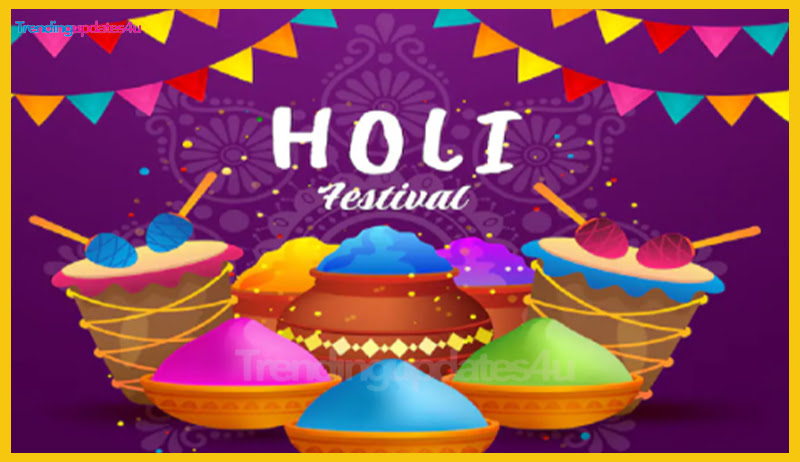
- Victory of Good Over Evil: The burning of Holika represents the end of negativity and the beginning of positivity.
- Festival of Love and Unity: It brings people together, breaking social and religious barriers.
- Welcoming Spring: The festival marks the transition from winter to spring, celebrating new beginnings.
- Spiritual and Social Harmony: Holi encourages forgiveness and strengthens relationships through joyful interactions.
Also Read:- Maha Shivratri: Fasting Rules, Rituals
Holi Date & Timing 2025
Holi falls on the full moon day (Purnima) of the Hindu month of Phalguna. In 2025, the festival will be observed on:
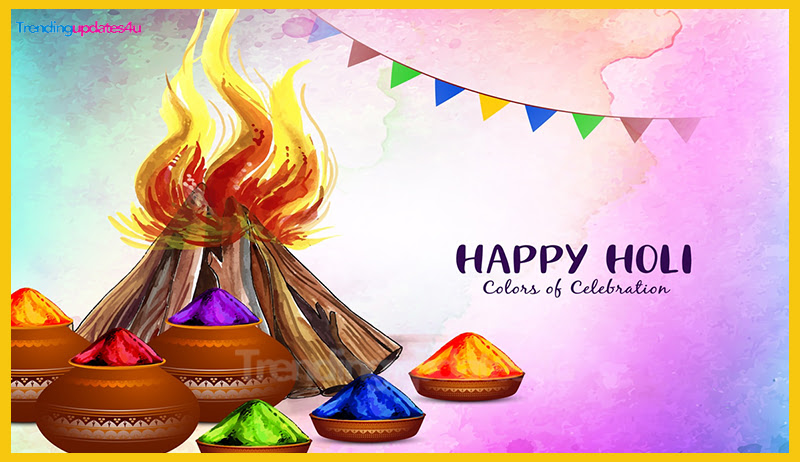
- Holika Dahan (Chhoti Holi): March 13, 2025 (Evening)
- Holi (Dhulandi): March 14, 2025 (All day)
Holika Dahan involves lighting bonfires to symbolize the triumph of good over evil. The next day, Holi is celebrated by smearing colors, dancing, and feasting.
Why is Holi Celebrated?
Holi has deep religious and cultural significance. Two primary legends are associated with this festival:
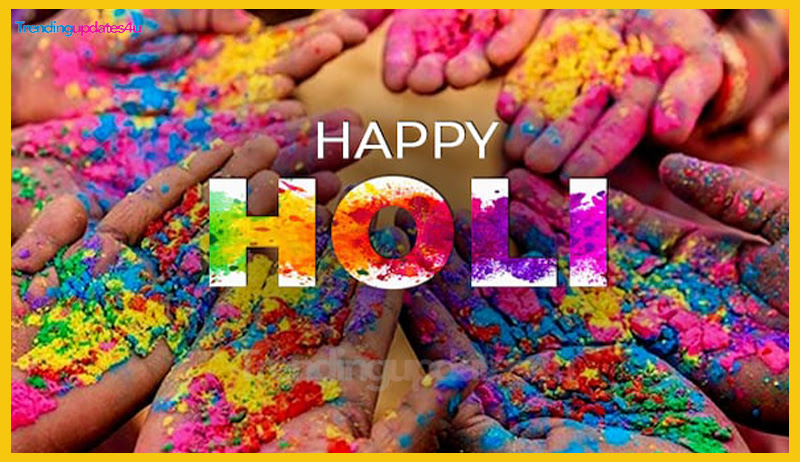
The Story of Holika and Prahlad
- King Hiranyakashipu, a tyrant, wanted everyone to worship him.
- His son Prahlad, a devotee of Lord Vishnu, refused to obey.
- The king’s sister, Holika, who was immune to fire, tried to burn Prahlad but was herself consumed by flames.
- This symbolizes the victory of good over evil and is commemorated on Holika Dahan.
The Story of Lord Krishna and Radha
- Lord Krishna, worried about his dark complexion, playfully applied color on Radha’s face.
- Since then, the tradition of playing with colors has been a key part of Holi.
Can Check:- Lohri: Date, History, Significance
How is Holi Celebrated?
Holi is celebrated in various ways:
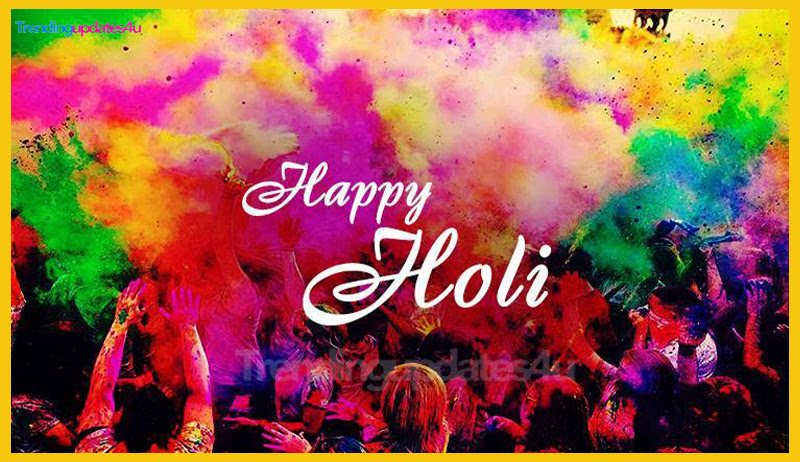
- Applying Colors: People throw colored powders and water at each other.
- Dancing and Music: Traditional and Bollywood Holi songs play an important role.
- Bonfires: Holika Dahan symbolizes the triumph of good over evil.
- Visiting Friends & Family: People gather to celebrate and share sweets.
- Community Gatherings: Public events with music, colors, and dance are organized.
Conclusion
Holi 2025 will be a grand celebration filled with joy, colors, and traditions. Whether you celebrate with family, friends, or in large community events, Holi is a time to embrace positivity and togetherness. So, get ready to immerse yourself in the vibrant colors of this beautiful festival!
Wishing you a Happy and Colorful Holi 2025!
FAQ’s
When is Holi 2025?
Holi 2025 will be celebrated on Friday, March 14. Holika Dahan will take place on the evening of March 13, 2025.
Why do we celebrate Holika Dahan?
Holika Dahan marks the victory of good over evil, based on the story of Prahlad and Holika from Hindu mythology.
How do people celebrate Holi?
People celebrate Holi by throwing colors, dancing, singing, enjoying festive foods, and meeting family and friends.
Is Holi celebrated outside India?
Yes, Holi is celebrated in many countries, including Nepal, the USA, the UK, Canada, and Australia, especially in communities with Indian populations.
What is the significance of Holika Dahan?
Holika Dahan symbolizes the victory of good over evil, commemorating the legend of Prahlad and Holika.
Related Posts:-